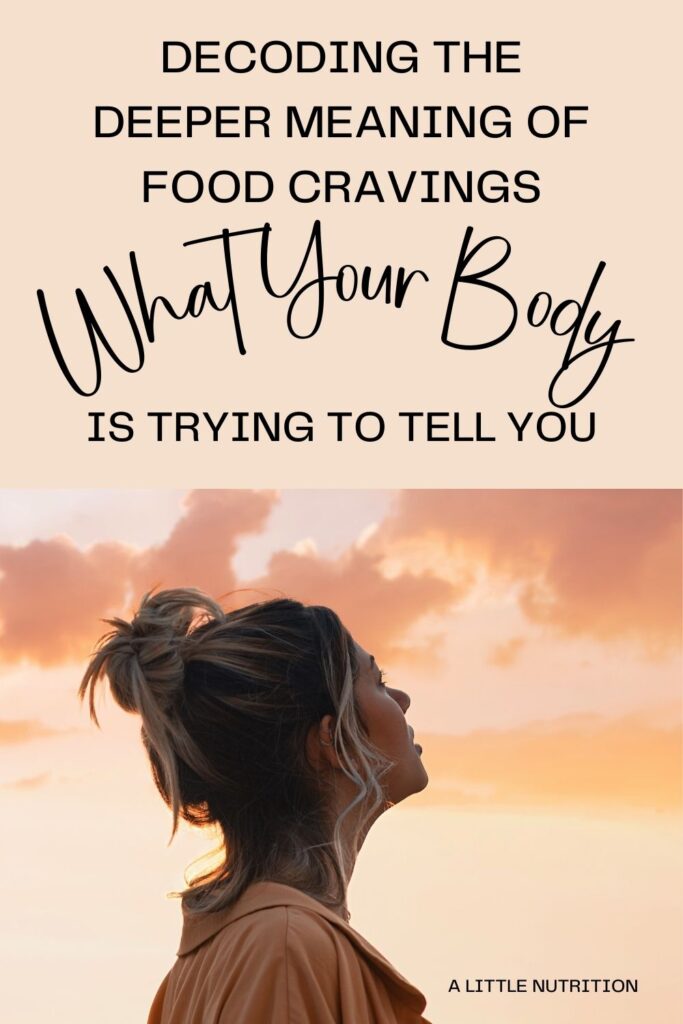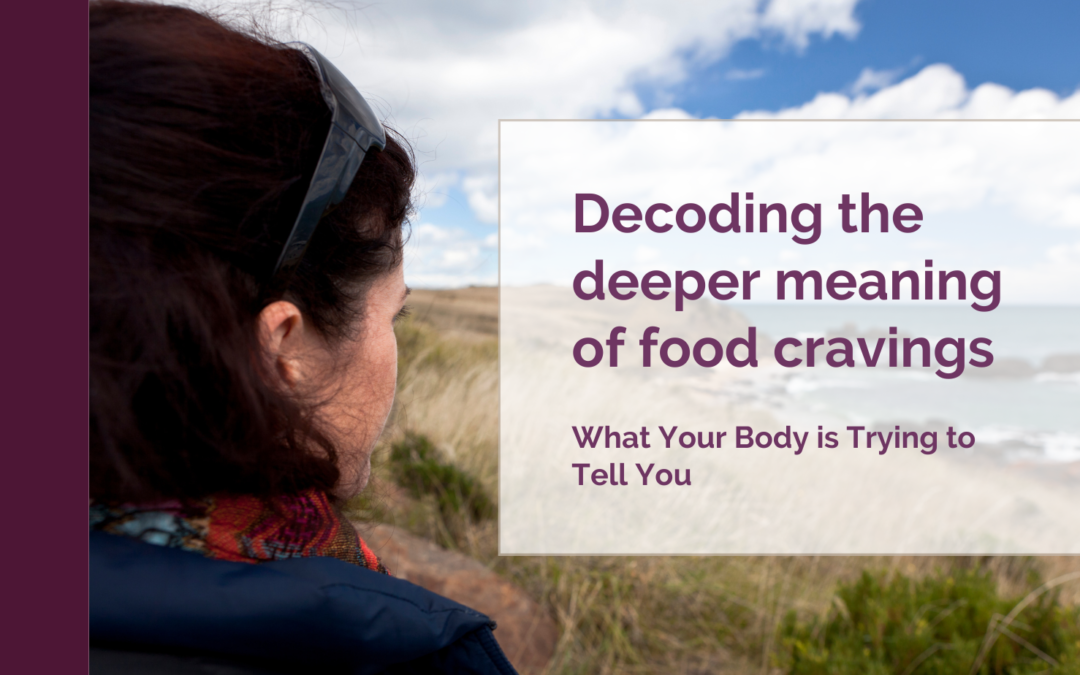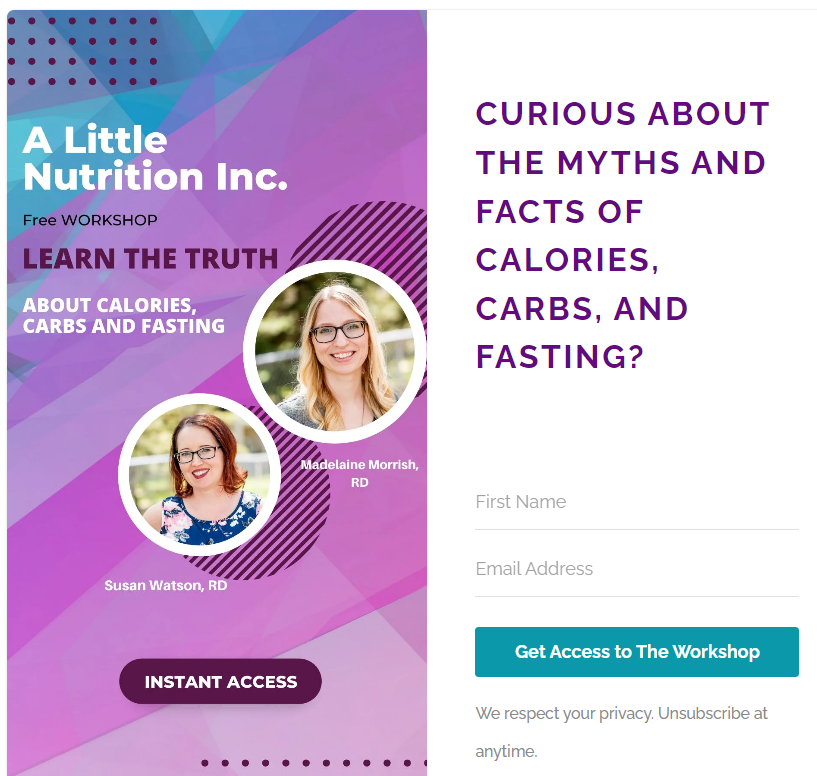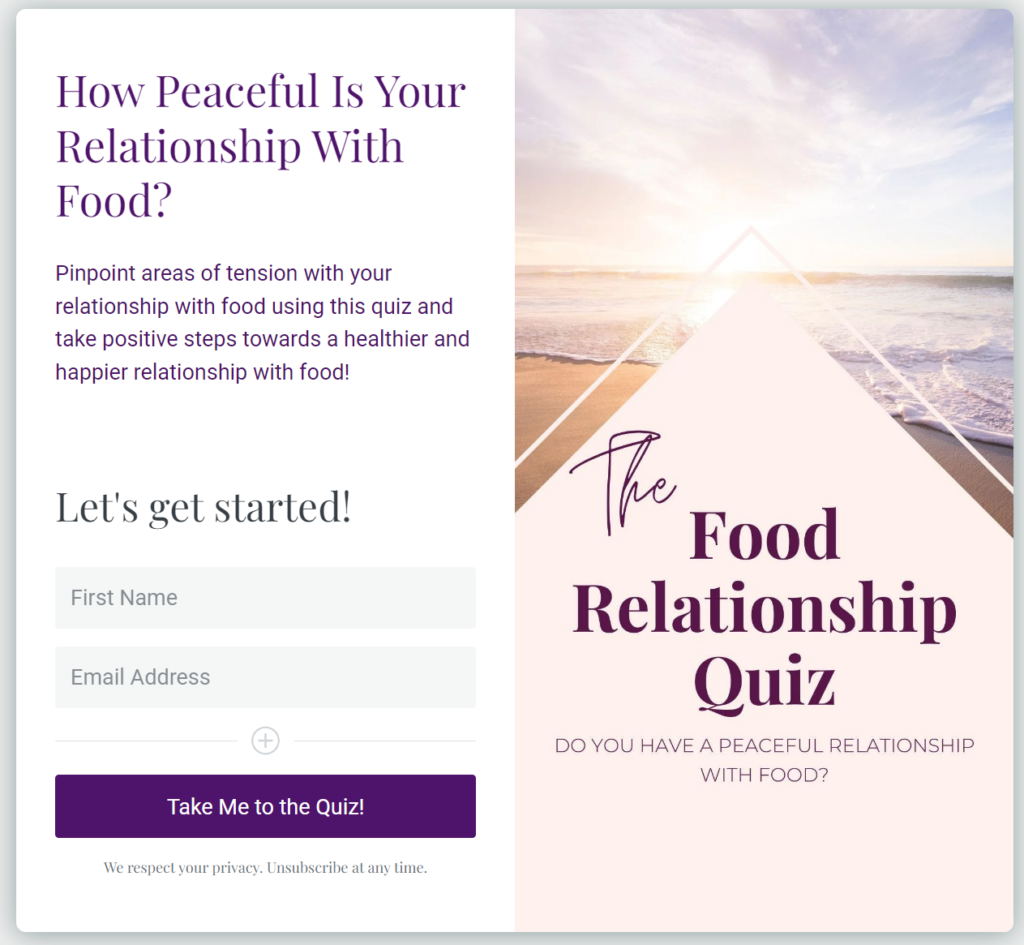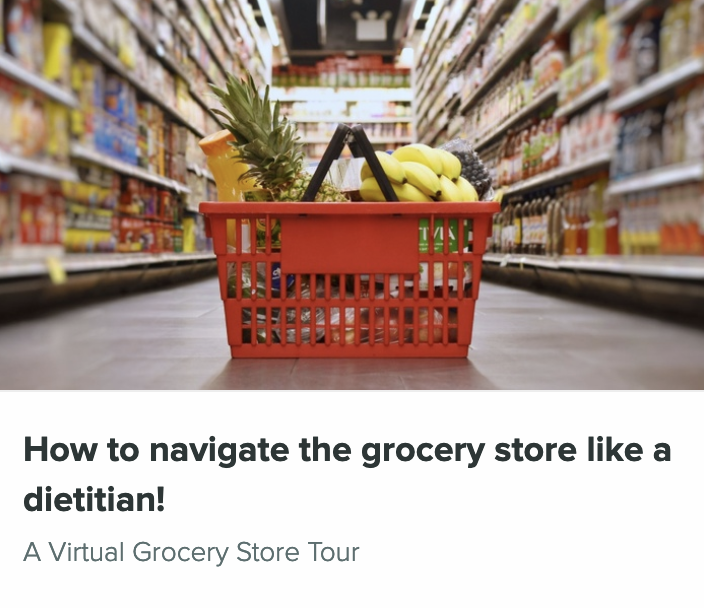We all know what it’s like to crave a particular food, whether it’s a salty snack, a sweet treat, or a hearty meal. But have you ever paused to consider why you’re craving these foods in the first place? Understanding what the food cravings meaning is trying to tell you and the root causes of your cravings can help you take control of your eating and make choices that nourish you. In this blog post, we will decode seven of the most common types of food cravings. Plus, we decode food cravings meanings and what they might be telling you about your pattern of eating. First, let’s dive into why it is essential to understand the meaning of your food cravings.
Why it is important to understand your food cravings meaning
Food cravings can be seriously confusing. One minute, you’re craving a giant slice of pizza, and the next, all you can think about is devouring a pint of ice cream. But guess what? Your body is actually trying to communicate with you! Cravings can signify that your body has a physical need for certain nutrients. But it can also be that your emotions need attention. Maybe you’re stressed, and your body seeks comfort from that salty snack. If you pay attention to your body and comprehend the reasons behind your food cravings, you can have a better connection with food. This way, you can decide to eat foods that benefit both your physical and emotional health.
Tune in and recognize what your body might be trying to tell you.
Our bodies constantly communicate with us, sending signals we need to listen to. Food cravings are one of those signals, and it’s important not to ignore them. Just like we wouldn’t ignore the urge to go to the bathroom, we shouldn’t overlook our cravings. Unfortunately, there is a common misconception that food cravings are bad and that we should never experience them. However, this is simply not true. We need to start seeing food cravings as a neutral thing. Food cravings are neither good nor bad. And we need to tune into our bodies to recognize what they might be trying to tell us. Working with a therapist may be helpful if you’re having trouble with food cravings caused by unmet emotional needs that you’re struggling to fulfill. A therapist can help you understand and address those needs.
Next time you experience a food craving, take a moment to tune into your body and recognize what it might be trying to tell you. Here are seven aspects to consider when you have a food craving.
1. Undereating and ignoring hunger
If you’re not consuming enough calories or nutrients to fuel your body, you may experience cravings for high-calorie or high-fat foods. These cravings can be because your body is trying to compensate for the lack of energy and nutrients it needs to function properly- so don’t fight it! Instead, make sure there’s plenty of food on the menu throughout the day, focusing on nutrient-dense options like proteins and fibres that will help power up your system in no time.
2. Intense exercise and inadequate nourishment
Exhausting yourself with extreme exercise can lead to cravings for high-carb or high-sugar foods. This type of craving is because your body is trying to replace the glycogen stores it has depleted during exercise. To avoid overexercising cravings, ensure you’re fueling your body with a balance of carbs, fats, and proteins while allowing sufficient rest and recovery time.
3. Stress-related food cravings
When you experience stress, your body produces cortisol, a hormone that can cause you to feel hungry and crave comfort foods. These foods are often high in fat, sugar, and/or salt, which can temporarily relieve stress but don’t actually address the underlying problems. To manage stress-related cravings, try relaxation techniques like meditation or yoga, and make sure you’re getting enough sleep.
4. Using Eating as a Cope with Emotions
Food can be a source of comfort for individuals who cope with emotional or psychological stress. If you have intense food cravings and turn to food when feeling sad, anxious, or stressed, it could mean that you are using food to cope with difficult emotions. To address this concern, consider expanding your range of coping mechanisms and experimenting with other healthy alternatives, such as walking, confiding in supportive friends, or exploring expressive writing through journaling.
5. Comfort Cravings
Certain foods are associated with feelings of comfort and security, such as warm soups, mashed potatoes, or mac and cheese. If you find yourself craving these types of foods, it may be because you’re seeking emotional comfort rather than physical nourishment. Although it’s okay to enjoy comfort foods, seeking different ways of finding emotional support to expand your social connections could be beneficial. Some ideas include: Spending time with friends or family or connecting with others in a supportive community, as this can provide a sense of belonging and emotional support. Engaging in activities with others, such as volunteering or taking a class, can also be a way to boost your mood and create meaningful connections. Or try nurturing activities that provide comfort, like warm tea, listening to music, or a soothing bath.
6. Social Eating and Connection
Social eating is a normal and natural thing to do because humans are social creatures who thrive on connection and community. Eating together has been a part of human culture and tradition for centuries, and it serves as a way to bond and share experiences with others. Social eating can also provide a sense of belonging and acceptance, which can be important for emotional and mental health. It is okay to indulge in your cravings, especially during social events where food is a central part of the experience. Feeling guilty or ashamed about your food cravings can make them worse and lead to a negative relationship with food. Instead, try to practice mindful eating, savoring each bite and enjoying the social connection that comes with sharing a meal with others.
7. Food deprivation
If you are engaging in self-imposed food avoidance or have specific food rules, you may experience cravings for the foods you’re restricting yourself from. These cravings can be because your body and mind are feeling deprived and trying to get what they need.
You may experience the following symptoms if you are dieting or undereating:
- Increased hunger: When you restrict your food intake, your body can respond by increasing hunger hormones, such as ghrelin, which can lead to more frequent and intense food cravings.
- Psychological effects: Self-imposed food deprivation can cause feelings of lack and anxiety around food, which can lead to emotional eating and increased food cravings.
- Nutrient deficiency: If you restrict certain foods or food groups, you may not get enough essential nutrients, which can cause your body to crave those nutrients and increase food cravings.
To combat cravings from mental and physical restrictions, try to adopt a more flexible and intuitive approach to eating. Pay attention to your body’s needs and give yourself the freedom to enjoy all foods as part of overall balance rather than strict rules.
Food cravings can be more than just a desire for a specific food. They can also be a way for our body to communicate with us. By understanding the meaning of our cravings, we can make choices that nourish our bodies and improve our relationship with food. It is important to tune into our bodies and recognize what they might be trying to tell us, whether it’s a physical need for nutrients or an emotional need for comfort. We should also avoid restricting our food intake, which can lead to increased hunger hormones, emotional eating, and nutrient deficiencies. Instead, we should adopt a more flexible and intuitive approach to eating, listening to our body, and enjoying all foods as part of balanced eating. By decoding the meaning of our food cravings, we can take control of our eating and improve our overall health and well-being.
Need help understanding the meaning of your food cravings? Get Back On Track Now with Our Comprehensive Online Course
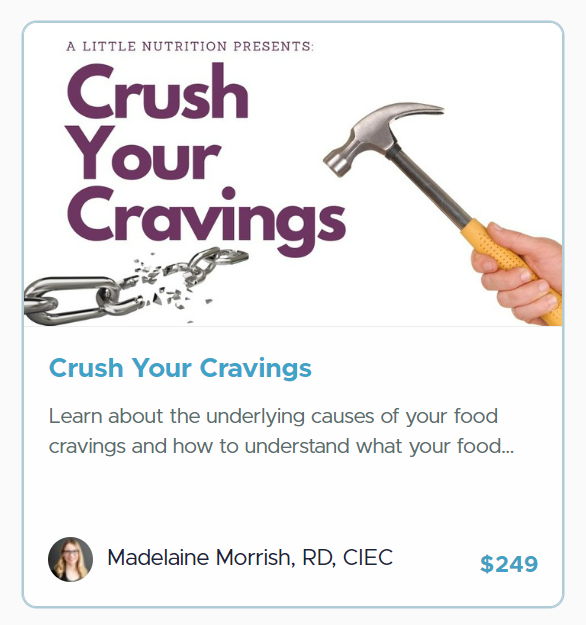
Feeling powerless?
If you’ve ever felt powerless to control the urges you get when it comes to certain sweet, salty, or crunchy snacks, know that there is hope.
You don’t have to be confused any longer!
We invite you to join our online course series “Crush Your Cravings” where we will empower you with all the tools and knowledge necessary to understand your cravings, why they exist, and how best to deal with them in a non-restrictive way.
Learn from an experienced certified intuitive eating dietitian who will help guide you through this journey.
Through this course, you’ll learn about the underlying psychological mechanisms behind eating behaviors, and science-based strategies for neutralizing those cravings without restriction or deprivation.
Pin Me For Later
